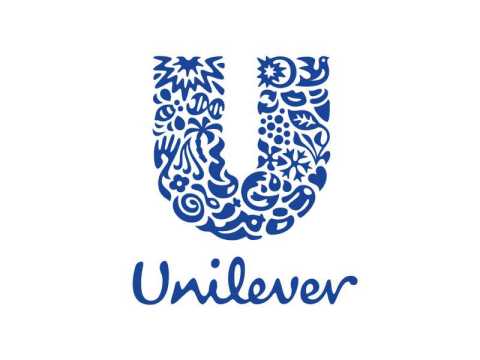
Unilever announces new commitments for reducing plastic
Food in Canada
Packaging Sustainability Packaing Plastic Unilever Waste
Unilever announced new commitments to reduce its plastic waste and help create a circular economy for plastics.
Unilever has confirmed that by 2025 it will:
- Halve its use of virgin plastic, by reducing its absolute use of plastic packaging by more than 100,000 tonnes and accelerating its use of recycled plastic.
- Help collect and process more plastic packaging than it sells
This commitment makes the first major global consumer goods company to commit to an absolute plastics reduction across its portfolio.
Unilever is already on track to achieve its existing commitments to ensure all of its plastic packaging is reusable, recyclable or compostable by 2025, and to use at least 25 per cent recycled plastic in its packaging by 2025.
Unilever’s commitment will require the business to help collect and process around 600,000 tonnes of plastic annually by 2025. This will be delivered through investment and partnerships that improve waste management infrastructure in many of the countries in which Unilever operates.
Since 2017, Unilever has been transforming its approach to plastic packaging through its ‘Less, Better, No’ plastic framework.
Through Less Plastic Unilever has explored new ways of packaging and delivering products – including concentrates, such as its new Cif Eco-refill which eliminates 75 per cent of plastic, and new refill stations for shampoo and laundry detergent rolled out across shops, universities and mobile vending in South East Asia.
Better plastic has led to pioneering innovations such as the new detectable pigment being used by Axe and TRESemmé , which makes black plastic recyclable, as it can now be seen and sorted by recycling plant scanners, and the Lipton ‘festival bottle’ which is made of 100 per cent recycled plastic and is collected using a deposit scheme.
As part of No plastic, Unilever has brought to the market innovations including shampoo bars, refillable toothpaste tablets, cardboard deodorant sticks and bamboo toothbrushes. It has also signed up to the Loop platform, which is exploring new ways of delivering and collecting reusable products from consumers’ homes.
The company is making two commitments:
1) Reduce our virgin plastic packaging by 50 per cent by 2025, with one third (more than 100,000 tonnes) coming from an absolute plastic reduction.
More than 100,000 tonnes will come from an absolute reduction as the business invests in multiple-use packs (reusable and/or refillable), ‘no plastic’ solutions (alternative packaging materials or naked products) and reduces the amount of plastic in existing packs (concentration). Replacing non-recycled plastic packaging with recycled plastics will account for the remaining reduction. Unilever will measure the total tonnes of virgin plastic packaging used each year vs the total tonnes of virgin plastic packaging used in 2018. Unilever is committing to having a virgin plastic packaging footprint of no more than 350,000 tonnes by 2025.
2) Help collect and process more plastic packaging than we sell by 2025.
Unilever’s commitment will require the business to help collect and process around 600,000 tonnes of plastic annually by 2025. This is less than our current 700,000 tonnes plastic packaging footprint because it reflects the 100,000 tonnes absolute reduction we have committed to above.
Unilever will deliver this commitment by:
- Investing and partnering to improve waste management infrastructure
- Purchasing and using recycled plastics in its packaging
- Participating in extended producer responsibility schemes where Unilever directly pays for the collection of its packaging
- Unilever will measure the total tonnes of plastic packaging it has helped collect and process in a year vs. how much plastic packaging it has used.
Over the last five years, Unilever has collaborated with many partners to collect plastic packaging, including the United Nations Development Programme, to help segregate, collect and recycle packaging across India. In addition, it has helped to establish almost 3,000 waste banks in Indonesia, offering more than 400,000 people the opportunity to recycle their waste. In Brazil, Unilever has a long-running partnership with retailer Grupo Pão de Açúcar to help collect waste through drop-off stations.
Print this page
